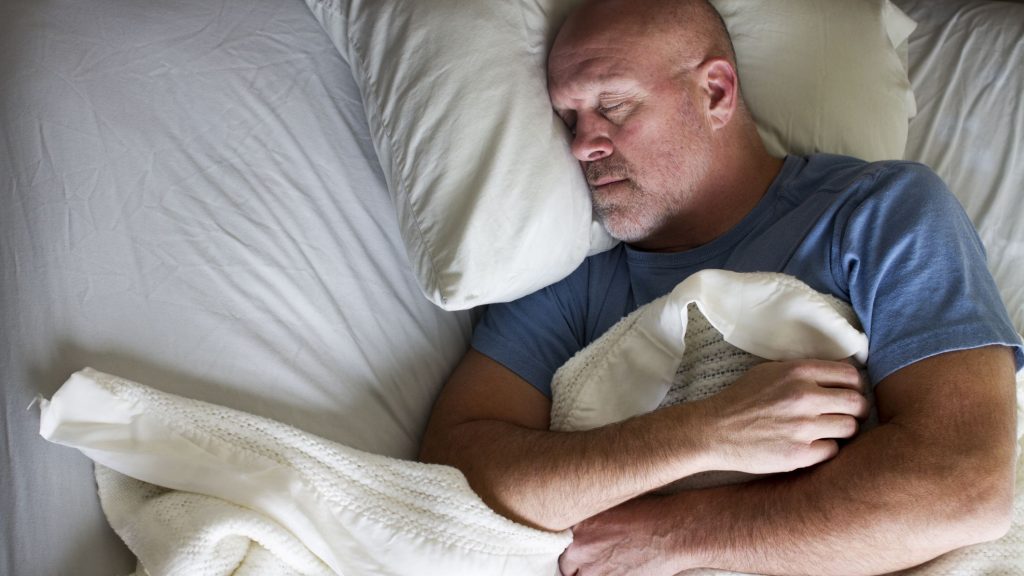Throughout a person’s life, one will face at least one problem related to sleep. Those who are not sure how many hours of sleep they need can determine this based on a new set of recommendations. Before we begin, it’s worth noting that everyone’s sleep needs vary – depending on age, health, and lifestyle. The quality of the bed also plays an important role. Therefore, it’s important not only to be within a certain recommendation for your age group, you also have to consider other factors that also play a role in the quality & the time of sleep you have.
Contents
Newborn (0-3 months)
Recommendation: 14-17 hours
Suitable: At least 11-13 hours, maximum 18-19 hours
Do not: less than 11 hours and more than 19 hours
During the first months of life, babies can sleep at any time of the day. Their sleep cycle is heavily involved with feeding, development, and feeding. Infants tend to rest between 11 and 19 hours a day with uneven schedules. Babies can stay awake for up to three hours at a time, while their sleep can last from five minutes to several hours.
Newborn (4-11 months)
Recommended: 12-15 hours
Suitable: at least 10-11 hours, at most 16-18 hours
Do not: less than 10 hours and more than 18
At six months of age, most babies will no longer need nighttime feeding. Furthermore, up to 80% of babies will sleep until morning at 9 months. Babies 4 to 11 months usually sleep about 12 hours at night. They usually take a few 30-minute naps during the day.
Toddlers (1-2 years old)
Recommended: 11-14 hours
Suitable: at least 9-10 hours, most from 15-16 hours
Not recommended: less than 9 hours and more than 16 hours
Toddlers need less sleep, so their range is 11 to 14 hours a day. By the time a baby turns 18 months of age, the amount of naps will be reduced, perhaps once a day for up to three hours. It is important to note that naps should not be close to a child’s normal bedtime to avoid a delay in primary sleep.
Preschoolers (3-5 years old)
Recommendation: 10-13h
Suitable: 8-9h, 14h
Not recommended: less than 8 hours, more than 14 hours
Children aged three to five need 10 to 13 hours of rest each night. What’s more, most babies don’t take naps by the time they are five years old. During this period, children also tend to experience nightmares or experience sleepwalking. They can sometimes cut off naps as babies struggle to get back to sleep afterwards.
Children of school age (6-13 years old)
Recommendation: 9-11 hours
Suitable: 7-8 hours, 12 hours
Not recommended: less than 7 hours, more than 12 hours
On average, children between the ages of 6 and 13 need 9-11 hours of sleep. Children also have to spend more time studying at school and other activities. Furthermore, children in this group spend more time on cell phones, computers, the internet or watching TV. This can disrupt your sleeping habits.
Adolescents (14-17 years old)
Recommended: 8-10 hours
Suitable: at least 7 hours or at most 11 hours
Not recommended: less than 7 hours and more than 11 hours
Teenagers usually need 8 to 10 hours of rest. However, at this age, their sleeping habits can change. Teenagers often go to bed late and wake up late. For high school students, they may stay up late until 11 p.m. and this is natural.
Young people (18-25 years old)
Recommended: 7-9 hours
Suitable: at least 6 hours or at most 10-11 hours
Not recommended: less than 6 hours and more than 11 hours
Young people have the most difficulty in sleeping schedules of 7-9 hours, especially college students. This is the time when people have the most unusual sleep habits. Some people stay up all night because of the tests and wake up early to take the exam. Add to that the all-night socializing. It is always best to reduce caffeine and alcohol intake and stick to a healthy diet. Regular exercise will also help maintain a good sleep schedule.
Adult (26-64 years old)
Natural and healthy aging is often associated with a reduced need for sleep. The official sleeping time recommendation for people over 65 is 7-8 hours of rest per night. But in reality they can only need about 5 to 9 hours of rest. Since sleep is a recovery process, it’s important for those in this group to get adequate rest. At this age, people are at risk for serious and chronic diseases. There’s also an increased chance of getting into an accident due to fatigue.
Conclude
Sleep is essential for the health of both human body and mind. Not sleeping for long periods can lead to severe mental confusion and chronic fatigue. Lack of motivation and even depression have been linked to lack of sleep. A good night’s sleep allows our bodies and brains to re-energize for the new day. This process helps the body recover from a long stressful day. Make sure to get to bed on time and put all distractions aside as soon as you fall asleep. You will be healthier and in a better mood the next day.






